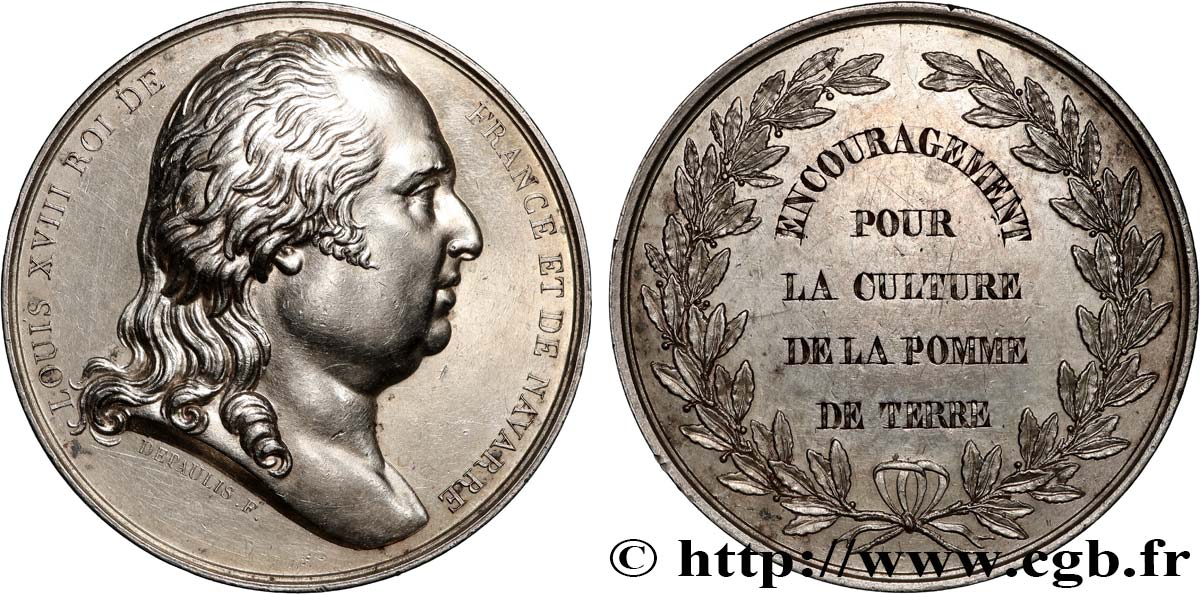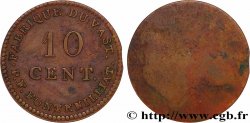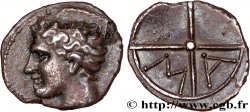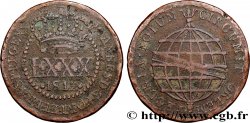Live auction - fme_885347 - LOUIS XVIII Médaille, Encouragement pour la culture de la pomme de terre
You must signin and be an approved bidder to bid, LOGIN TO BID. Accounts are subject to approval and the approval process takes place within 48 hours. Do not wait until the day a sale closes to register. Clicking on "BID" constitutes acceptance of the terms of use of cgb.fr private live auctions.
Bids must be placed in whole Euro amounts only. The sale will start closing at the time stated on the item description; any bids received at the site after the closing time will not be executed. Transmission times may vary and bids could be rejected if you wait until the last second. For further information check the Live auction FAQ
All winning bids are subject to a 18% buyer’s fee.
All winning bids are subject to a 18% buyer’s fee.
| Estimate : | 120 € |
| Price : | 60 € |
| Maximum bid : | 81 € |
| End of the sale : | 13 February 2024 16:56:59 |
| bidders : | 1 bidder |
Type : Médaille, Encouragement pour la culture de la pomme de terre
Date: n.d.
Metal : silver
Diameter : 34,5 mm
Orientation dies : 12 h.
Engraver DEPAULIS Alexis Joseph (1790-1867)
Weight : 20,17 g.
Edge : lisse
Puncheon : sans poinçon
Coments on the condition:
Médaille ayant été nettoyée, présentant des coups et rayures, notamment à l’avers et sur la tranche. Petite usure
Obverse
Obverse legend : LOUIS XVIII ROI DE - FRANCE ET DE NAVARRE..
Obverse description : Tête de Louis XVIII à droite, les cheveux détachés. Signé : DEPAULIS. F..
Reverse
Reverse legend : ENCOURAGEMENT / POUR / LA CULTURE / DE LA POMME / DE TERRE.
Reverse description : Légende gravée en 5 lignes dans une couronne de laurier.
Commentary
Médaille gravée pour encourager à la culture de la pomme de terre.
Originaire d’Amérique Latine, la pomme de terre était consommée il y a plus de 10 000 ans. Elle arrive sur le territoire européen suite à l’arrivée des Espagnols en Amérique du Sud. L’introduction est longue et mal documentée, par contre on sait que, jusqu’au milieu du XVIe siècle, la pomme de terre, considérée plus comme une médecine que comme un aliment, va rester cantonnée autour des couvents, des cours royales, des jardins de botanistes. Suite aux nombreuses disettes et guerres européennes, sa consommation va se développer malgré les préjugés et superstitions.
Après plusieurs petites utilisations à travers le territoire français, c’est finalement Antoine Parmentier qui va devenir le porte drapeau de sa culture comme moyen de parer aux famines répétitives qui sévissent dans le pays et qui va œuvrer à la rendre populaire. Après plusieurs péripéties et à la fin du XVIIIe siècle, 4 500 hectares sont consacrés à la culture de la pomme de terre.
À partir de 1818, des concours sont organisés par l'Académie d'agriculture de France pour en encourager l'exploitation et récompenser les « cultivateurs, inspirés sans doute par la Providence à laquelle on doit rendre grâce de ce nouveau bienfait, ont confié à de vastes champs la plupart en jachères, ou à des terres jusqu'alors incultes, de nombreux plants de pommes de terre, et sur un espace beaucoup plus grand que les besoins ne semblaient l'exiger. »
cf. wikipedia.
Originaire d’Amérique Latine, la pomme de terre était consommée il y a plus de 10 000 ans. Elle arrive sur le territoire européen suite à l’arrivée des Espagnols en Amérique du Sud. L’introduction est longue et mal documentée, par contre on sait que, jusqu’au milieu du XVIe siècle, la pomme de terre, considérée plus comme une médecine que comme un aliment, va rester cantonnée autour des couvents, des cours royales, des jardins de botanistes. Suite aux nombreuses disettes et guerres européennes, sa consommation va se développer malgré les préjugés et superstitions.
Après plusieurs petites utilisations à travers le territoire français, c’est finalement Antoine Parmentier qui va devenir le porte drapeau de sa culture comme moyen de parer aux famines répétitives qui sévissent dans le pays et qui va œuvrer à la rendre populaire. Après plusieurs péripéties et à la fin du XVIIIe siècle, 4 500 hectares sont consacrés à la culture de la pomme de terre.
À partir de 1818, des concours sont organisés par l'Académie d'agriculture de France pour en encourager l'exploitation et récompenser les « cultivateurs, inspirés sans doute par la Providence à laquelle on doit rendre grâce de ce nouveau bienfait, ont confié à de vastes champs la plupart en jachères, ou à des terres jusqu'alors incultes, de nombreux plants de pommes de terre, et sur un espace beaucoup plus grand que les besoins ne semblaient l'exiger. »
cf. wikipedia.








 Report a mistake
Report a mistake Print the page
Print the page Share my selection
Share my selection Ask a question
Ask a question Consign / sell
Consign / sell
 Full data
Full data















